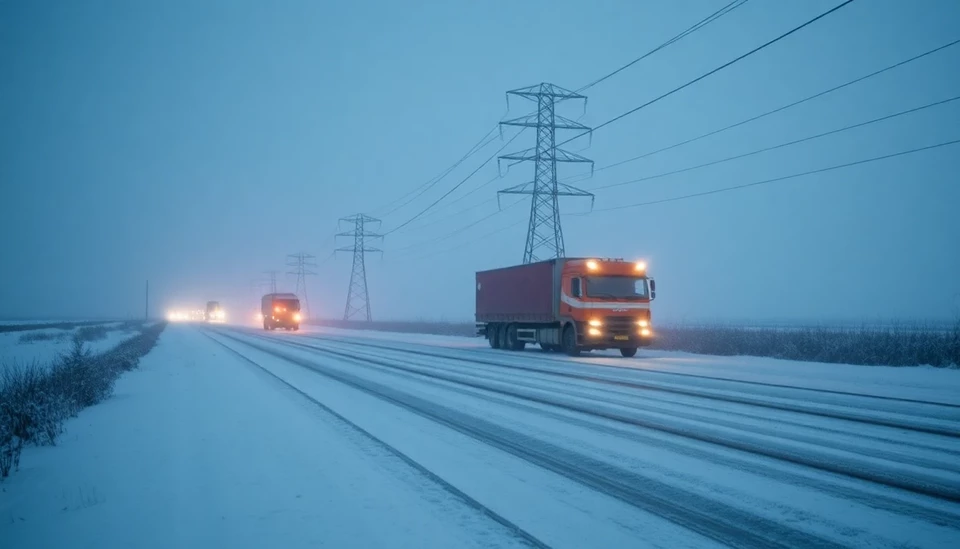
The recent arrival of frigid Arctic weather has plunged various regions across Europe into an unprecedented crisis, disrupting essential services such as electricity and transportation. This dramatic shift in weather patterns, attributed to a blast of cold air from the polar region, has forced nations to contend with significant infrastructural challenges while dealing with the fallout on daily life for millions of citizens.
As temperatures plummeted to record lows in several countries, the impact on energy supply became starkly evident. Key power grids struggled to cope with the surge in demand for heating, resulting in widespread outages in some areas. Governments across Europe had to scramble to implement emergency measures, including activating reserve power supplies and urging citizens to limit their energy consumption.
In countries such as Germany and the UK, the frigid conditions resulted in not only increased electricity demand but also complications in energy production. Wind farms, which typically provide a substantial share of renewable energy, were severely affected as icy conditions hampered turbine efficiency. In some instances, operators faced shutdowns, further exacerbating the strain on the grid.
Transportation systems were equally hard-hit, with airports reporting significant delays, cancellations, and closures due to icy runways and adverse weather conditions. Major rail networks also faced disruptions as heavy snowfall clogged tracks, and various trains were either delayed or completely halted, creating a ripple effect that stranded thousands of travelers during the peak holiday season.
The European Union has been actively mobilizing resources to manage the situation, with officials seeking to ensure that power distribution remains stable across member states. Collaborative initiatives have been proposed to share energy supplies among countries facing shortages. Nevertheless, with conditions expected to persist, many nations are bracing for ongoing turbulence through the rest of the winter months.
Public safety officials are urging residents to prepare for continued cold weather setbacks, advocating for precautions ranging from stocking up on essential supplies to ensuring home heating systems are functioning appropriately. Local governments have set up emergency shelters, especially for vulnerable populations, to provide warmth and safety during this harsh winter spell.
Experts warn that fluctuations in weather such as these might become more commonplace due to climate change, emphasizing the urgent need for countries to invest in climate resilience and infrastructure to withstand similar events in the future. As Europe reels from this Arctic onslaught, the long-term impacts on energy policy and emergency preparedness are likely to be central themes in discussions among leaders in the coming months.
As the continent battles with the harsh winter conditions, citizens are left to navigate the challenges posed by disrupted services, while also hoping for clearer skies and warmer days ahead. With resilience and cooperation being put to the test, the response to this crisis could shape the way Europe approaches future weather-related adversities.
#ArcticWeather #EuropeSnowstorm #PowerOutages #TransportDisruption #ClimateChange #Winter2024
Author: Megan Clarke




